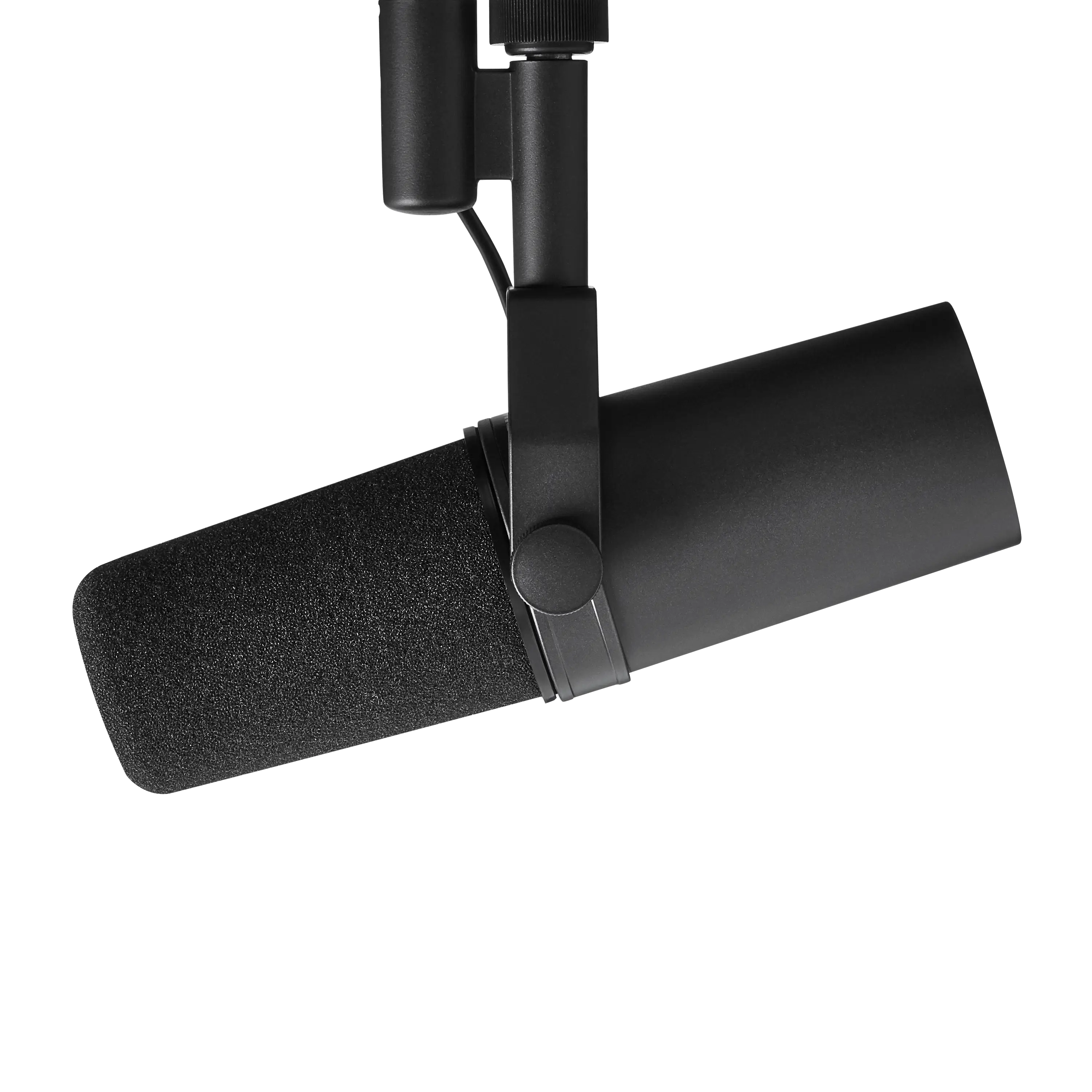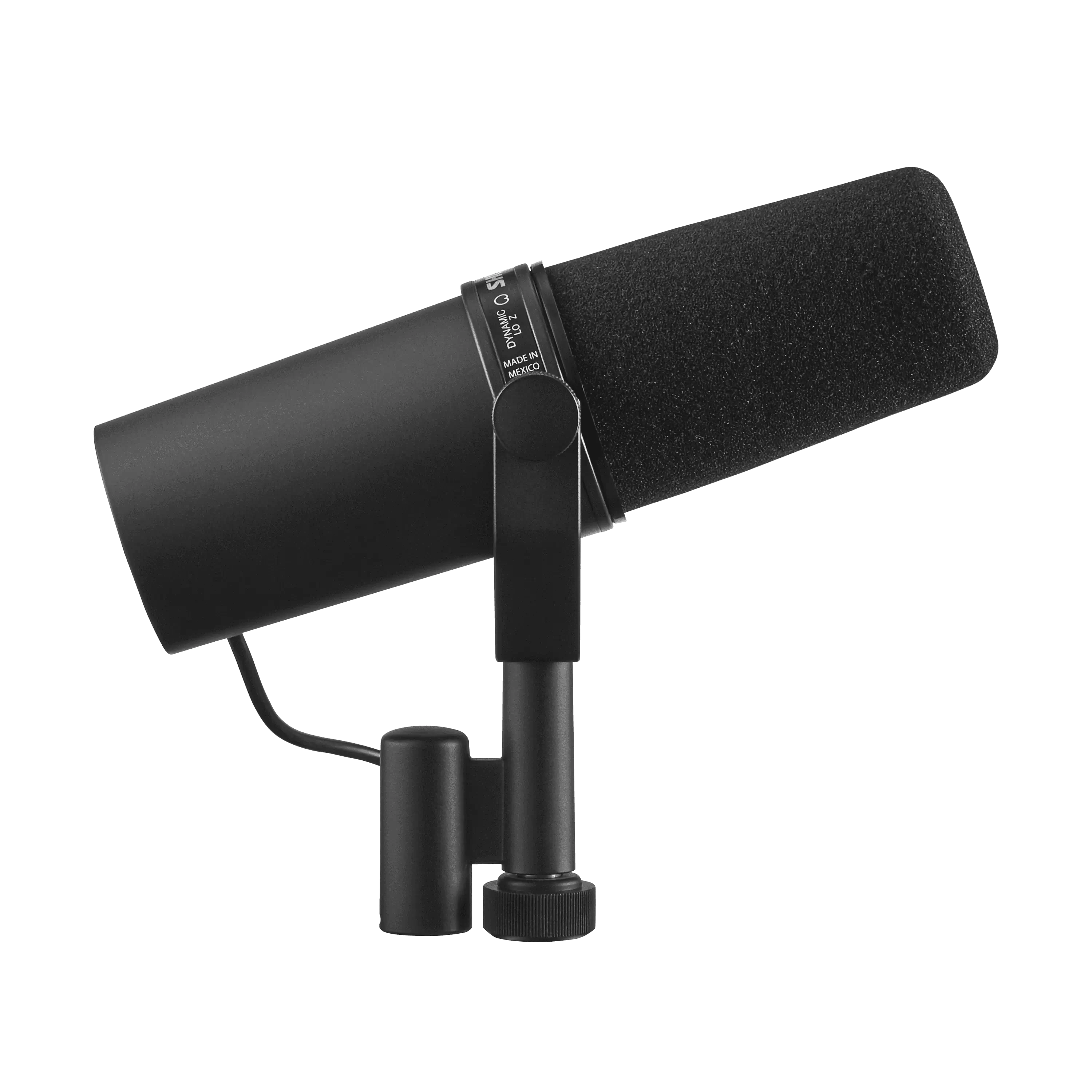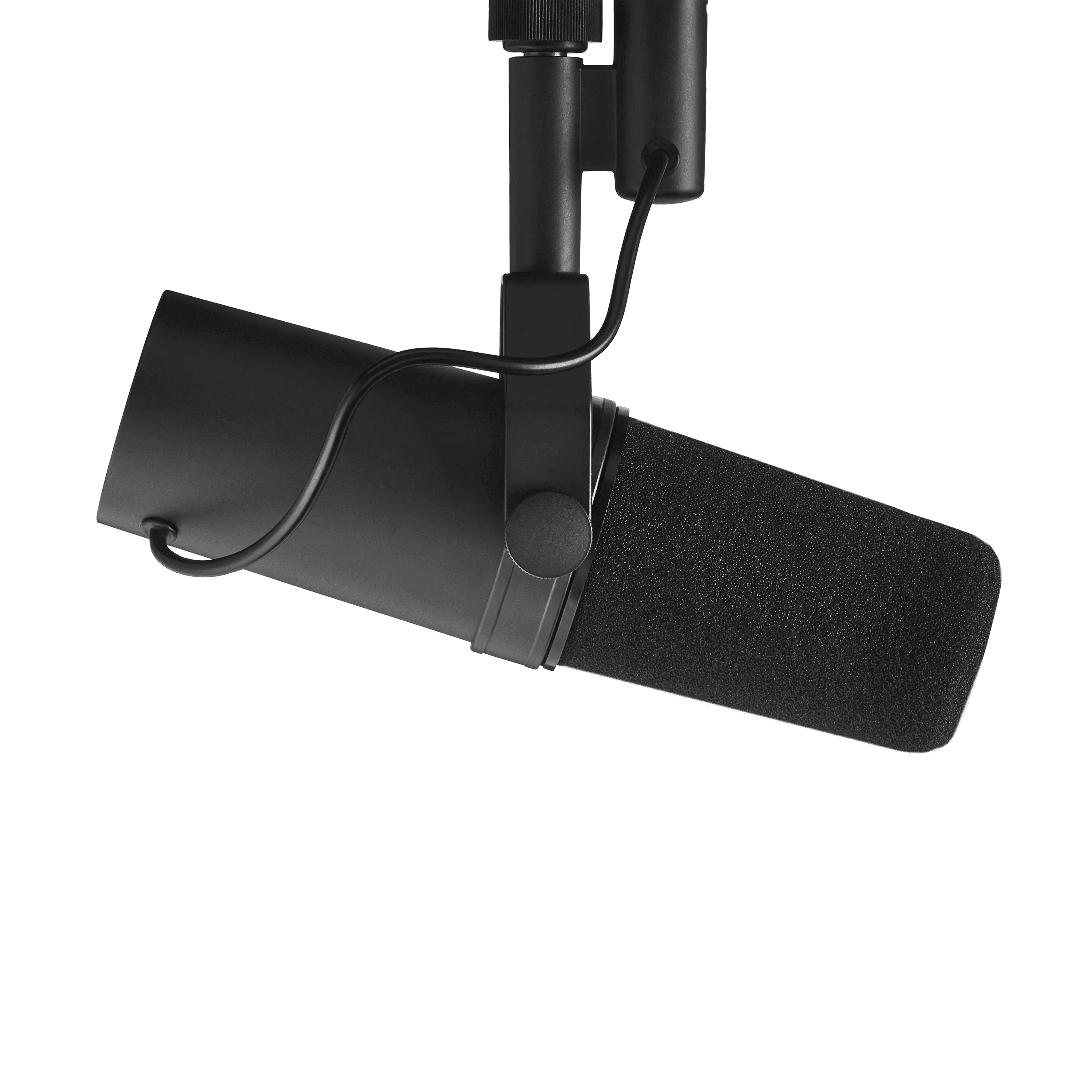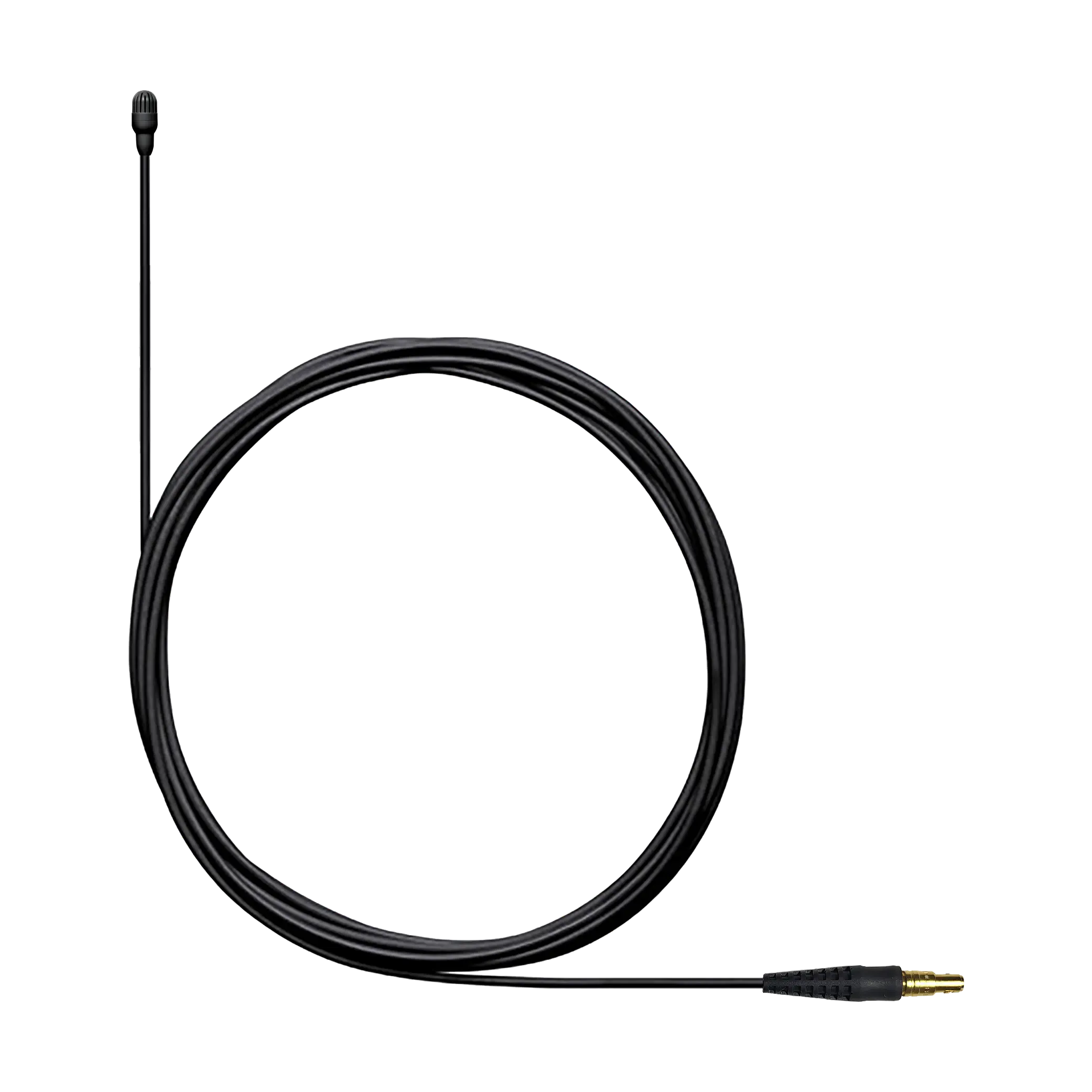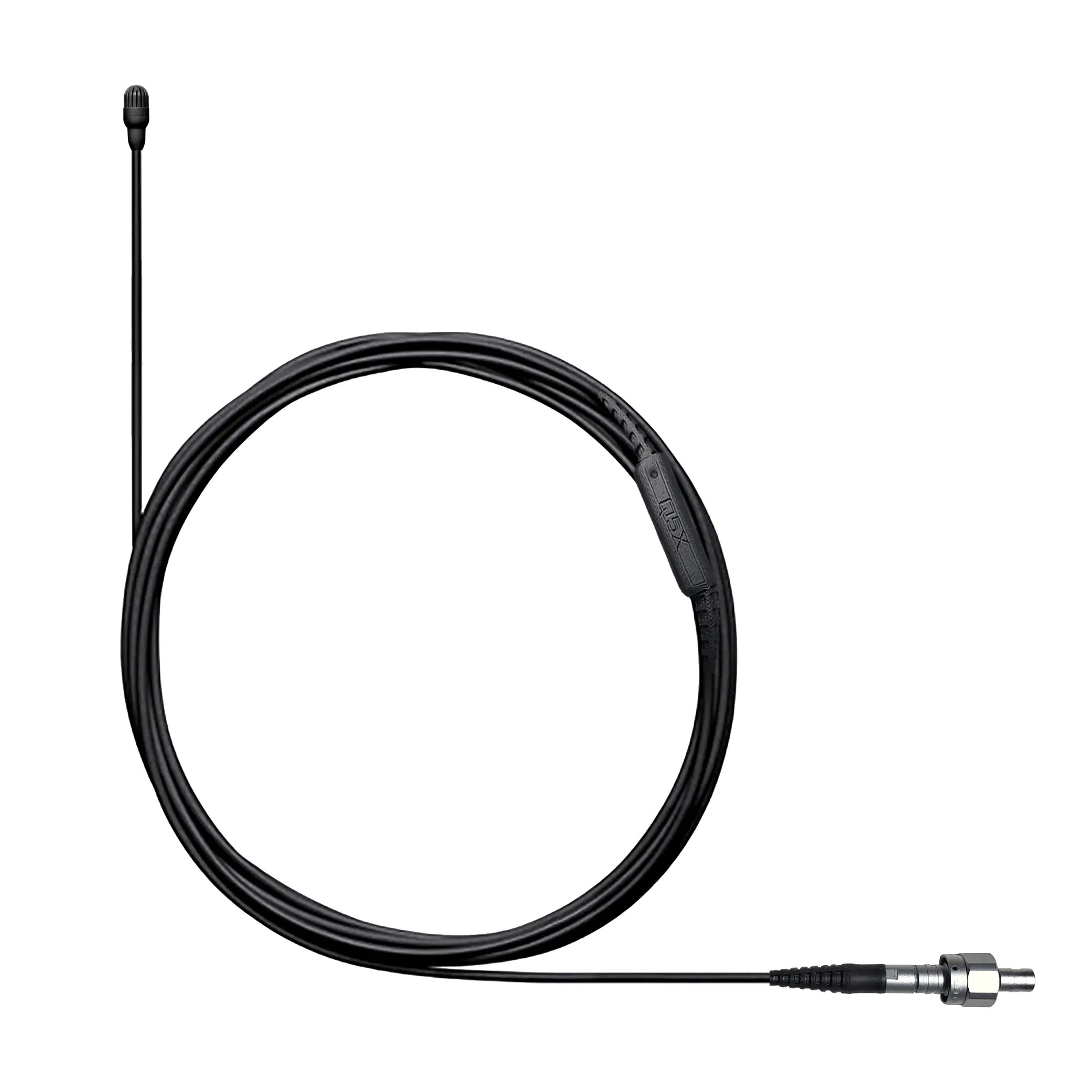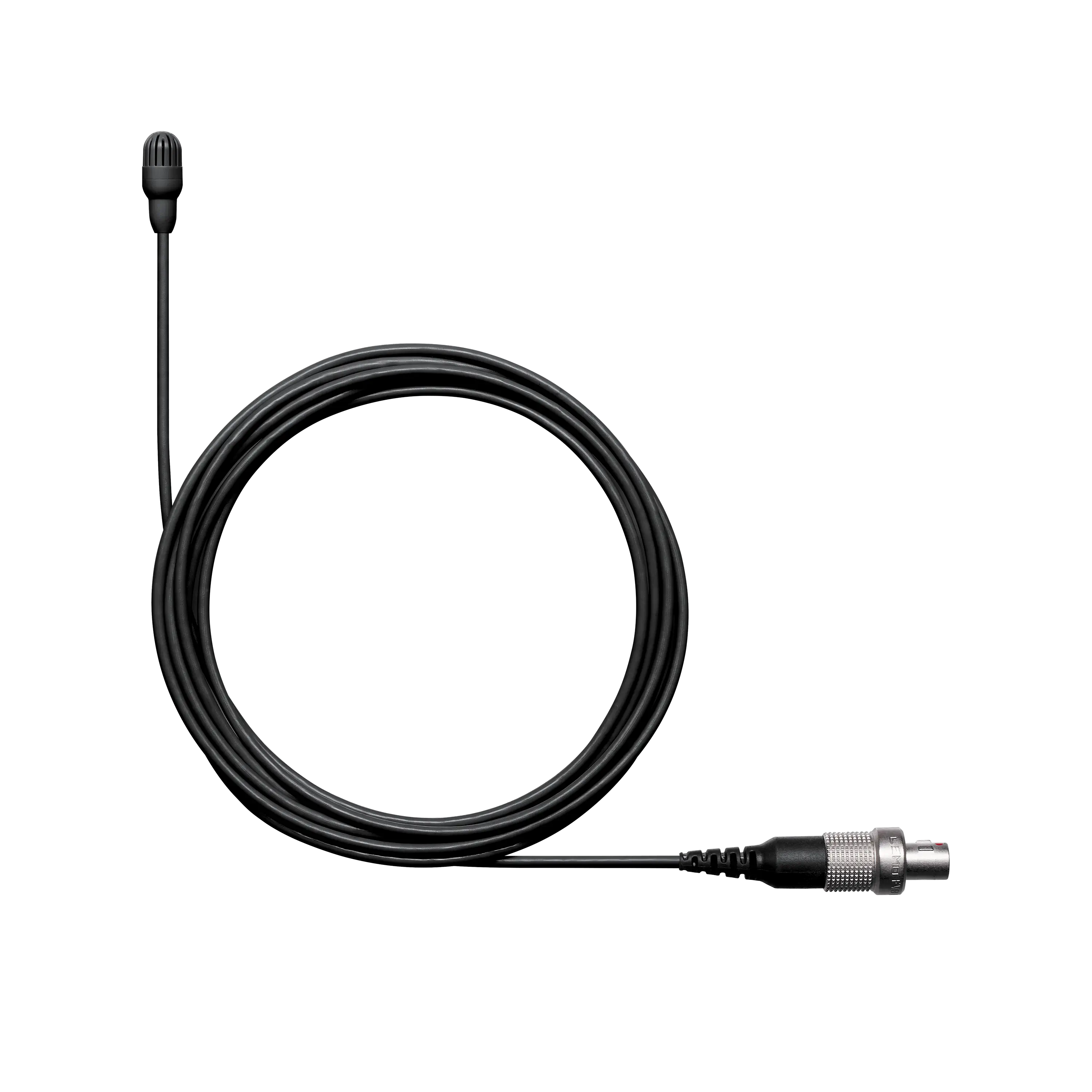Signal Path Podcast: Emma-Jean Thackray

Hear the stories behind the sounds. Join Zakia Sewell as she meets world-renowned sonic innovators to explore those defining moments that influenced how they think about sound.
Episode 061: Emma-Jean Thackray
For the latest episode of Signal Path, Zakia speaks with Emma-Jean Thackray, who was born and raised in Yorkshire but is today a resident of Catford, southeast London in the midst of the UK capital's contemporary jazz scene. Best known as a bandleader and for the trumpet, Thackray also produces all of her own tracks, sings and plays a long list of other instruments.
Her debut album Yellow (which now comes with an extended ‘Yellow Deluxe Edition’) was released on Thackray’s own imprint Movementt, feels like a further step into a fresh and distinct space. Its 14 tracks bloom with brass and strings, choral segments and ecstatic chants. But this deeper, richer sound is not at the expense of immediacy. Across its 47 minutes, Yellow draws glowing lines between 70s jazz fusion and P-Funk, the cosmic invocations of Sun Ra and Alice Coltrane and the gorgeous orchestration of the Beach Boys.
This episode was recorded with the legendary SM7B microphone.
Zakia Sewell: It’s always nice to begin at the beginning and to ask a question about your early life. Did you grow up in a musical household and what are some of your earliest memories of music?
Emma Jean-Thackray: I didn't grow up in a musical household at all. No one in my family before me, at least alive at the time, played instruments. Everyone likes music, but I think to a very average kind of level, it's a sort of place where my family like what they know, they know what they like, they don't really sort of get outside of that comfort zone, but still very in love with the music that they do listen to. So passion there was sort of evident, and the music that they played to me, they loved and were excited to show to me. So I listened to a lot of 80s soul from my Mom. My Dad likes pop, rock and stuff that he can belt out in the car, like Michael Bublé. Just anything you can sing along to. My Grandma quite likes classical music. So, yeah, there was music there, but they aren't musicians, they're not artistic people, they're very practical.
So how did you kind of find your connection to music?
I think I was always meant to, which sounds like a crazy, cliché answer, but I think when you ask the kids what they want to be when they grow up, I always used to say artist. From the age of two or something when I started speaking properly, I'd say, when I grow up I'm going to be an artist. I was always drawing, I was always making up stories. I was always trying to do something creative, and that's always what I thought my life was going to be. I went to a good primary school, everyone had to learn the recorder, and those that showed some aptitude were asked to move on to another instrument. My friend played the cornet; it was shiny and loud. It grabbed me in the way that shiny and loud things grabbed children in just, like, a really silly way. But I ended up being quite good at it and had natural ability. And that's the beginning, it was just all laid out before me and quite naturally.
It's always fascinating hearing that when people haven't necessarily inherited a love of music. It really is something that sort of just springs from within somehow. It's quite mysterious.
Yeah, maybe it's skipped a couple of generations, maybe somewhere back there, there's some ancestor that was like, some sort of troubadour kind of person, but not that I know of. It just was natural for me.
So tell me about that first pivotal moment that you've sort of thought of when thinking about your musical journey.
I think there's been lots in my early life. One that stands out was when I got my first cornet, which is kind of like a squashed up trumpet, for anyone that doesn't understand what a cornet is. We got it from a secondhand shop in Wakefield. I remember my parents saving for a while and making sure I was actually going to stick to it before they bought it and getting help from other people in my family, having a bit of a whip around. I was very aware that everyone had put a lot in, a lot of investing had gone into getting me this cornet, so I shouldn't mess up on that! I needed to be serious about it. But I was still at a place where I didn't really know what I was doing. I remember my mum asking me to go in the bathroom and play for her in the bath. I didn't actually know any songs, but she was like, ‘oh, I like this one song, will you play it for me?’ And I was like, ‘but I don't know any songs, I've only just started’. And she was like, ‘go on, you'll figure it out’. I think that naivety from my mum and the naivety from me just made me think, okay, I guess I'll just figure it out. And I remember just playing all these tunes that she asked me to play, I had no idea how I was finding the notes, but I sort of found them. She was like, ‘Why don't you make something up for me?’ I just remember loving it and being like, ‘Oh, wow. I guess I don't need to have lessons to already be good enough to enjoy doing this’. So, yeah, that was quite a pivotal moment. I hadn't thought about that in years.
Listen to the full interview with Emma-Jean Thackray and subscribe to Signal Path with the podcast provider of your choice below.
Host: Zakia Sewell, Producer: Alannah Chance, Creative Producer: Joshua Thomas, Creative Lead: Ty Stanton-Jones, Music: Yip Wong, Agency: Commune


